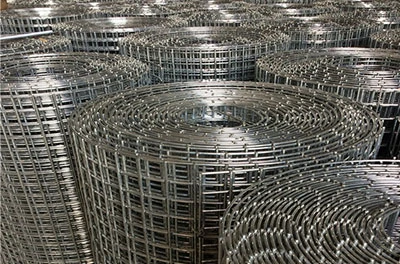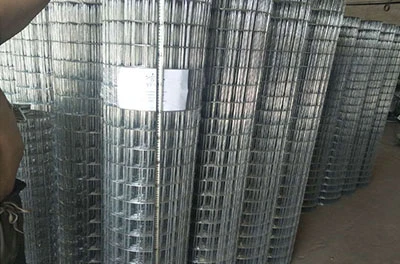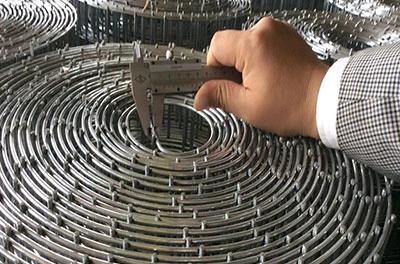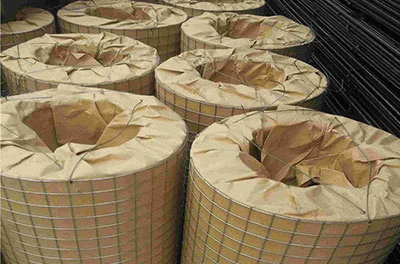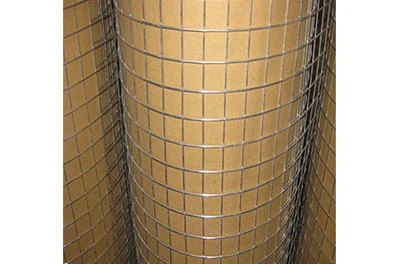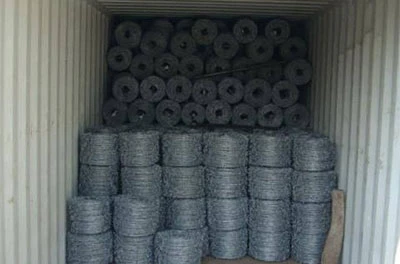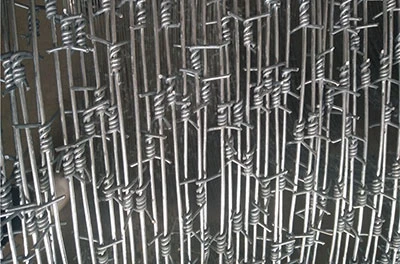Jan . 23, 2025 00:39 Back to list
steel grating suppliers
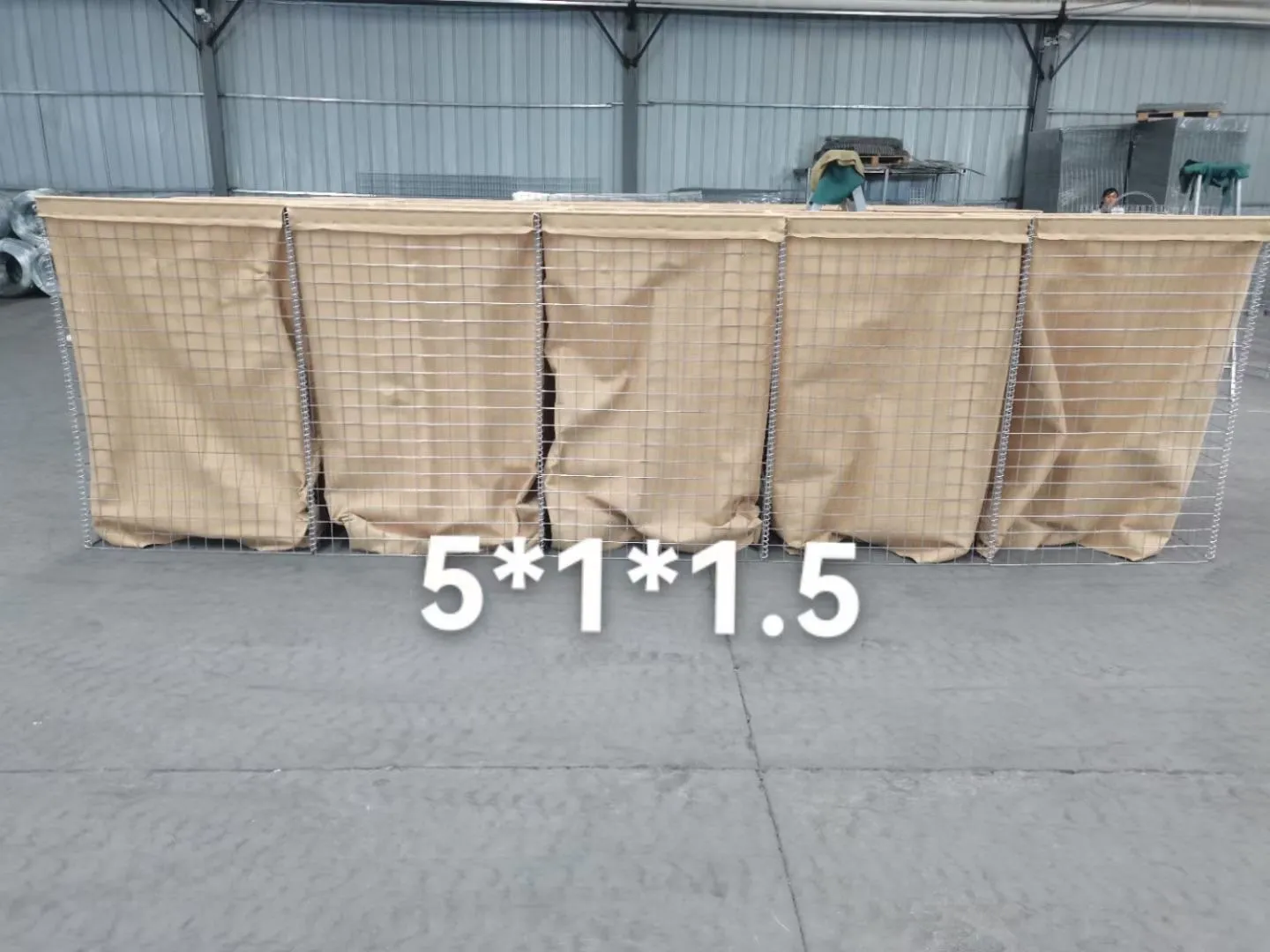
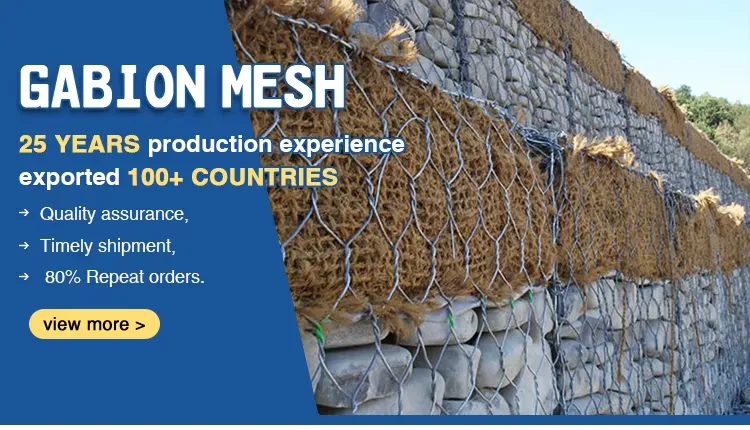
Trustworthiness is equally significant in supplier selection. A trustworthy supplier will be transparent about pricing, lead times, and potential challenges in the supply chain. They provide reliable customer support, ensuring that all your inquiries are promptly and satisfactorily addressed. Their ability to foster long-term relationships is indicative of their integrity and reliability. Furthermore, trustworthy suppliers are committed to sustainability and ethical practices. As industries transition towards greener practices, your supplier should ideally offer environmentally friendly options, such as grating made from recycled steel. Their commitment to sustainability not only reduces the carbon footprint but also reflects positively on your business's social responsibility standings. Lastly, leveraging customer reviews and testimonials can provide insights into a supplier's standing in the market. Positive feedback about past projects, timely deliveries, and product quality can heavily influence your decision. Engage with reviews that discuss the practicality, corrosion resistance, and overall performance of the grating, ensuring that it aligns with your project requirements. In conclusion, choosing the right steel grating supplier involves a comprehensive evaluation of their expertise, experience, authoritativeness, and trustworthiness. This approach ensures that you not only receive high-quality materials but also engage in a partnership that supports your business's operational and ethical goals. A supplier who embodies these qualities will significantly contribute to the success and sustainability of your projects, fostering a robust and reliable supply chain.
Latest News
-
Brick Mesh Wall Solutions | Enhanced by GPT-4 Turbo Design
NewsAug.01,2025
-
Premium Anti-Climb Fence Spikes for Sale
NewsAug.01,2025
-
Premium Peach Post Fence | Durable & Stylish Security
NewsJul.31,2025
-
Best Galvanized Grating Price - Durable Galvanized Steel Grating Solutions
NewsJul.30,2025
-
0.5-4.0mm Wire 2×2 4×4 8×8 Hot Dipped Galvanized Welded Mesh Roll
NewsJul.30,2025
-
Metal Fence Pickets for Sale – Durable Galvanized & Steel Options
NewsJul.29,2025
Our company owns has excellent CAD steel grating drawing designers, who can provide customers with perfect steel grating layout design and better meet customers' special requirements for products. We have been adhering to it the business tenet of "quality first, customer first", with high-quality products, reasonable prices, and the fastest delivery time, we wholeheartedly provide customers with a full range of services! Welcome new and old customers to cooperate sincerely and create brilliance together!
Contact Us
WELCOME TO OUR COMPANY!
Thank you for your interest in our services! If you have any questions or wousld like to book a service, please don’t hesitate to contact us. Our team is dedicated to providing you with the highest level of service and support, and we are committed to working with you to make your event a success.

Service Email

Service Phone
Product Center
Contact Us
- Phone: +86 +86 15733154345
- E-mail: sales@chengsenchina.com
- Address: B1213 GLOBAL CENTER, NO.226 ZHONGHUA NORTH STREET, SHIJIAHUANG, CHINA


